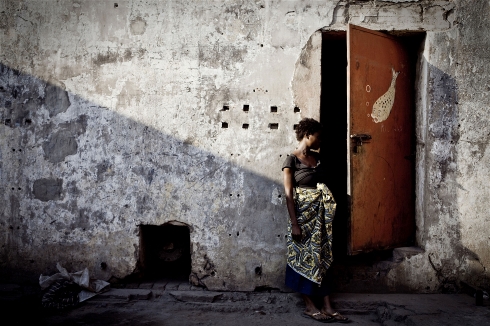JOHANNESBURG, 11 December 2013 (IRIN) - Nomsa*, 20, was on her way to register at a university outside Pretoria, South Africa, with four friends when the men grabbed her. "I was fighting with them," she said. They dragged her into a building, where the five of them took turns to rape her. The friends ran away and did not come back to look for her. The men took Nomsa's mobile phone.
